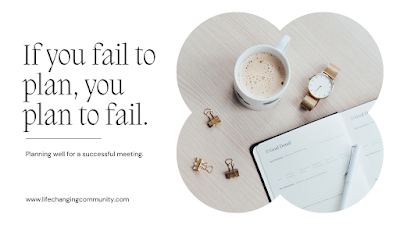If you attend general meetings of different organizations, and if you hold any portfolio position, then you may need to provide a written report of activity for the area you oversee.
Reporting about the activity of the area of management under your portfolio ensures that there is accountability, and the opportunity to ask for assistance, or additional resources for the daily oversight of the area/programs/activities.
Ensure the correct reporting period is clearly shown on the report, along with who is reporting, and position, and what the report is about.
Gather any information from your team, collected information and data, and clients that you know need to be included for reporting.
Example 1: a sports club coach may include the number of players across each age group, the number of games played in the reporting period, and any incidents, equipment required, or upcoming training events that require funding.
Example 2: a manager of a Not-For-Profit retail area may include the number of employees or volunteers, how much stock was put through the retail for the reporting period, any incidents/sick leave/staff rotation issues, what maintenance is required in the retail section and how much profit/loss with a breakdown of income and expenses.
Read through your report for typing errors, and to ensure it is concise and clear when reading.
You may also like to include a summary of recommendations/issues to be addressed at the end of your report – this helps the minute secretary and the other portfolio managers when they are looking for your recommendations.
Don’t forget to submit your report by the required date and to the correct person/s.
One last tip! Ensure you have a copy (either printed/digital) with you for the meeting so that you can easily refer to recommendations/notes/points that others in the meeting ask you.










